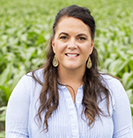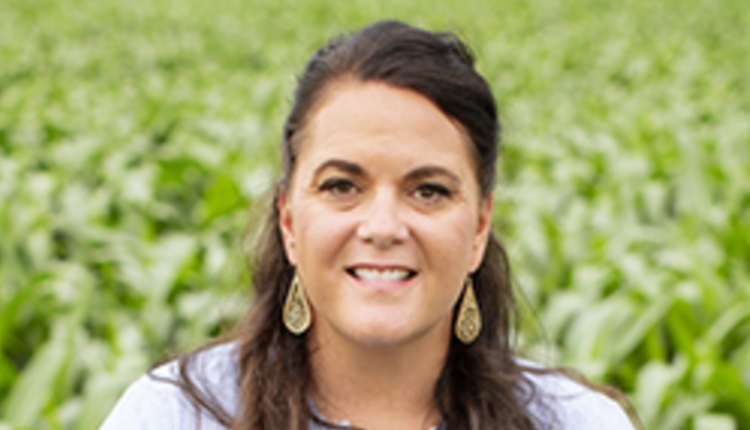
As a mother to three children, I give advice pretty regularly. And lately, the dialogue has been talking about future careers. Really, I feel we need to teach kids about careers and not just focus on college. You don’t need one to have the other.
I’m a college graduate and I believe in higher education, but I don’t think it needs to be the only option. At an early age, people are always asking kids, “What do you want to be when you grow up?”
My oldest son, Tyler, is nearly finished with his freshman year of high school. We talk a lot about classes and homework, and he frequently asks, “Where will I ever use this?”
I tell him, “Don’t make mistakes today that you’ll regret later.” What I mean by this is don’t forgo difficult classes just so you have more social time at school. Find something that inspires you, something that ignites passion, and then follow it.
Most of us are not like my husband, who from an early age, knew he wanted to be a dairy farmer. But then again, some of you are just like Scott Bohnert. Those of you who are like Scott are some of the lucky ones who figured out early on what you wanted to do with your life. You followed your dreams, chased them with hard work, and much of your success has stemmed from that internal fire.
However, the rest of us who didn’t have our career selected early on had to do a lot of trial and error to figure it out. Some of us are still figuring it out. Maybe you took world government to see if that was what you loved and quickly found you couldn’t get out of that class fast enough.
I told Tyler that if welding sounds interesting, by all means, take welding. If you like it, more opportunities to weld will follow. If you want to take home economics, take it. I know this might not be the words of advice that some of you would give your son, but really, he needs to eat, and someday he won’t have his mother to cook for him.
Many kids lack the life skills that most of us were taught by our parents, in 4-H and FFA clubs, and on the farm.
That is where the real blessing is for farm kids. The classroom is all around them. It is surrounded by cornfields, cows, tractors, plows, fences, and bales of hay. These life lessons being taught by living on a dairy farm simply cannot be duplicated anywhere else.
I’m constantly communicating with my kids. Sometimes they roll their eyes. Sometimes they lean in. When they are ready to leave the nest, so to speak, my goal is that they will have absorbed a quarter of what I say. Never stop talking to your kids!
What follows are some of the bits of advice I tell them. It may be basic, but it is what sets them apart from their peers.
Set your alarm clock. Fresh air on the face does a body and mind good. Tyler is up and outside by 5 a.m. My guess is so are many of your children (and grandchildren). Half of success is rising early, showing up, and being on time.
Life is not fair. This might be the hardest lesson to learn. While their peers get to sleep in, the good Lord has blessed my kids (and all of yours) with this landscape to work on.
Summer break has a completely different meaning for farm kids than it does for their classmates. Our kids become part of our work crew. They rake stalls, clean pens, vaccinate heifers, work land, bale straw, feed calves, and work side-by-side with two older generations who have had to work much harder.
Life isn’t fair, but you could have it worse. Learn to work now, so you will be employable later on.
With work comes opportunity. Helping on the farm provides income to help pay for the phone you love to talk on, text on, and play games on. Working on the farm puts money aside to help you purchase your first vehicle.
It creates a future fund that will allow you to explore education and technology and help you figure out what you want to do in this great world. Feel fortunate, as most kids just leave the house with a high school diploma. Farm kids leave with so much more.
Life on the farm will make you a problem solver. It will teach you to set budgets and learn how to use a checkbook. It will teach you mental math and allow you to explore how to mend fences and broken gates with baling wire, duct tape, and scrap pieces. It will let you figure out how to make do with what you have versus going to town and buying new.
Knowing how to work hard is the best thing you can list on a résumé. After interviewing farm help this past winter, I look at my kids, who have been expected to help out more and more, and I think they’ll be just fine.
Continue talking to your kids. Better yet, let them learn firsthand by working side-by-side with you on your family farm. Their future will be bright.
Around the Kitchen Table is a regular column in Hoard's Dairyman. The author and her husband work in partnership with family on a 500-cow dairy in East Moline, Ill.






